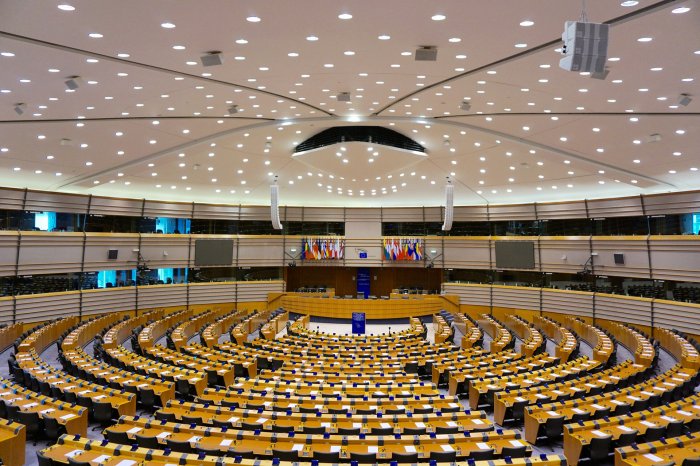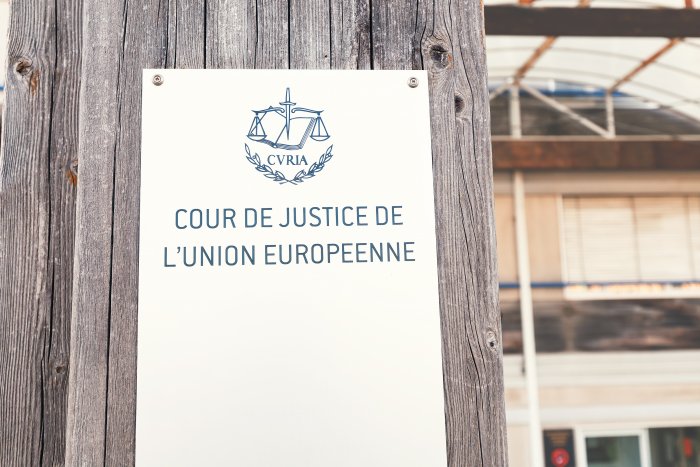NGO law triggers infringement procedure, while another intensifies

The European Commission (EC) Thursday launched another infringement procedure against Hungary over a new law on foreign-funded NGOs that it says fails to comply with European Union law. The EC also stepped up a separate ongoing infringement procedure over Hungaryʼs higher education act.
The Hungarian legislation requires NGOs that receive foreign funding of over HUF 7.2 million a year to specify that they are “organizations supported from abroad” in all publications, websites and press materials they disseminate. The legislation also establishes a reporting obligation for this funding, as well as sanctions for failure to comply with the provisions of the law.
In a press release the full text of which can be seen here, the European Commission said the law on NGOs, adopted on June 13, “interferes unduly with fundamental rights as enshrined in the Charter of Fundamental Rights of the European Union, in particular the right to freedom of association.” It added that the new law could prevent NGOs from raising funds and would restrict their ability to carry out their work.
In addition, the EC said, the law “introduces unjustified and disproportionate restrictions to the free movement of capital, as outlined in the Treaty on the Functioning of the European Union,” while new registration, reporting and publicity requirements are “discriminatory and create an administrative and reputational burden for these organizations.”
Finally, the EC added that the new legislation “raises concerns as regards the respect of the right to protection of private life and of personal data” and “does not strike a fair balance between transparency interests and the right of donors and beneficiaries to protect their personal data.”
The Commission has therefore concluded that Hungary is failing to fulfill its obligations under the EU Treaties and the Charter of Fundamental Rights of the European Union.
The EC made the observations in a “letter of formal notice” sent to Hungary, the first step in an infringement procedure. Hungarian authorities have one month to respond.
If no reply to the formal notice is received, or if observations presented by the Hungarian authorities in reply to that notice are considered unsatisfactory, the EC may move to the next stage of the infringement procedure, and send a “reasoned opinion” to Hungary. If necessary, it may then refer the case to the Court of Justice of the EU.
EC steps up education infringement procedure
Also Thursday, the Commission took the second step in a separate infringement procedure launched against Hungary on April 26, sending its “reasoned opinion” with respect to amendments to the Higher Education Law and their compatibility with EU law.
First Vice-President Frans Timmermans was quoted as saying that the Higher Education Law disproportionately restricts EU and non-EU universities in their operations and needs to be brought back in line with EU law as soon as possible.
“We expect a reaction from the Hungarian authorities within a month. If the response is not satisfactory, the Commission can decide to go to the Court,” warned Timmermans.
The EC found that the law “is not compatible with the freedom for higher education institutions to provide services and establish themselves anywhere in the EU.” In addition, it said the legislation “runs counter to the right of academic freedom, the right to education and the freedom to conduct a business as provided by the Charter of Fundamental Rights of the European Union and the Unionʼs legal obligations under international trade law.”
Hungary now has one more month to notify the Commission of measures taken to remedy the situation. Otherwise, the EC may decide to refer the case to the Court of Justice of the EU.
Hungarian news agency MTI recalled that the amendments to the law require foreign colleges and universities in Hungary to operate on the basis of an intergovernmental agreement and to have a campus in the country in which they are based.
The Central European University (CEU), which is accredited in the United States but has just one campus, in Budapest, earlier said the changes to the Higher Education Law would make its continued operation in Budapest “impossible.” The CEU called the proposed legislation “discriminatory” and said that it “targets CEU directly.”
CEU was founded by Hungarian-born financier and philanthropist George Soros, against whom the Hungarian government has conducted increasingly personal attacks in recent months, culminating in the controversial ongoing anti-Soros and anti-immigration public billboard campaign.
MTI noted that Prime Minister Viktor Orbán defended the amendments to education law in a statement before the European Parliament in Brussels. He argued that the changes do nothing more than establish a unified regulatory framework for all institutions of higher education, eliminating any opportunity for speculation and corruption, establishing transparency, and leveling the playing field for European universities.
SUPPORT THE BUDAPEST BUSINESS JOURNAL
Producing journalism that is worthy of the name is a costly business. For 27 years, the publishers, editors and reporters of the Budapest Business Journal have striven to bring you business news that works, information that you can trust, that is factual, accurate and presented without fear or favor.
Newspaper organizations across the globe have struggled to find a business model that allows them to continue to excel, without compromising their ability to perform. Most recently, some have experimented with the idea of involving their most important stakeholders, their readers.
We would like to offer that same opportunity to our readers. We would like to invite you to help us deliver the quality business journalism you require. Hit our Support the BBJ button and you can choose the how much and how often you send us your contributions.








